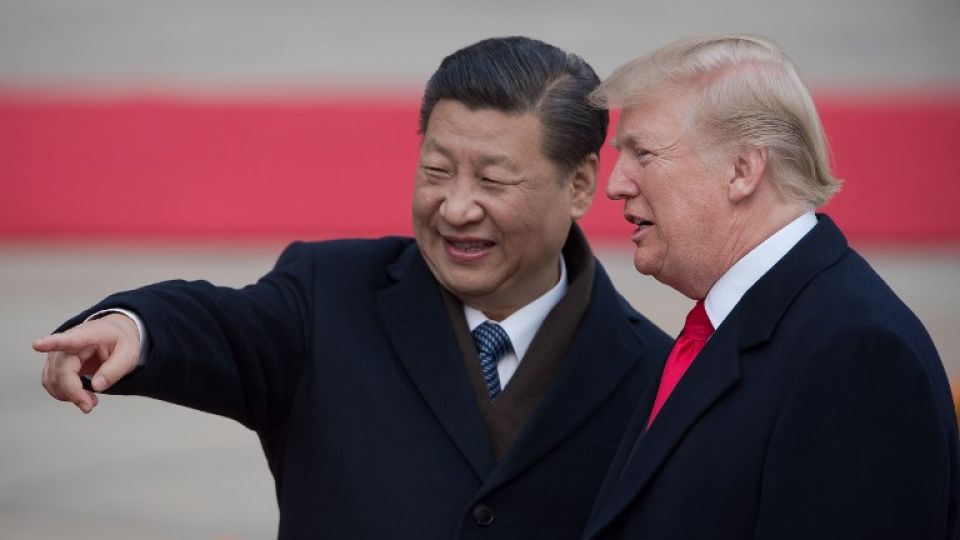July 14, 2018
After many twists, turns and threats, the first shots of a United States-China trade war have been fired.
Tariffs on $34 billion in Chinese imports officially came into effect last Friday and China responded with tariffs of the same value on US goods, The Straits Times reported.
While experts have said that the initial tariffs are unlikely to do significant damage, a full-blown, prolonged trade war could harm both countries – and the global economy.
Here is how a trade war could impact four countries across Southeast Asia, and how some of them are gearing up to combat the threat.
Singapore
Singapore has been identified as one of the Asean members likely to suffer the most from a trade war. OCBC economists have warned that an all-out trade war between the world’s two largest economies could reduce the city state’s GDP by 0.3 percentage points this year, The Straits Times reported. As an export-heavy nation, Singapore is especially vulnerable to the effects of a trade war, which will be felt most in export-dependent sectors like transportation and storage, wholesale and retail, Channel News Asia reported, quoting Oxford Economics’ lead Asia economist Sian Fenner.
DBS chief economist Taimur Bag also pointed out that trade openness and exposure to the electronics supply chain means that there will be no respite for Singapore or neighbouring Malaysia.
Malaysia
Located just across the border from Singapore, Malaysia is another Asean nation that is expected to suffer in the event of a major trade war. China is Malaysia’s biggest trading partner, and the economy, once heavily dependent on exports of crude and palm oil now derives more than $341 billion from its sale of electronics and machinery and its parts to China, according to Forbes.
Thailand
Thailand stands to be hit directly as well as indirectly, having been slapped with tariffs on washing machines, solar cells, steel and aluminium products, The Nation reported.
Tisco Economic Strategy Unit (ESU) has analysed the potential impact of both the direct tariff as well as the effect of the US-China battle and has concluded that the impact is quite limited, as the four products subjected to the US tariffs only made up $885 million or 0.37 per cent of Thailand’s exports last year.
They are also optimistic that the indirect effect of the trade war will be mild. The list of goods hit by the first $50 billion will affect the country’s exports of machinery, plastics, vehicles and parts – products Thailand exported for a total of 8.8 billion last year. An estimate of the amount of products re-exported by China to the US suggests that only $590 million or 0.25 per cent of Thailand’s total exports will be affected.
Indonesia
The US is a key market for Indonesian exports, with knitted apparel, woven apparel, rubber, electrical machinery, footwear, fish and seafood being the country’s seven top exports to the US, The Jakarta Post said in an editorial. A trade war would hurt the country’s exports both directly and indirectly.
The Indonesian government plans to introduce measures to minimize the potential risks posed by a trade war, including strengthening local industries, curbing raw material import demands by developing basic industries, and boosting tourism by encouraging budget airlines to expand and renovate airports across the archipelago, The Straits Times reported.


